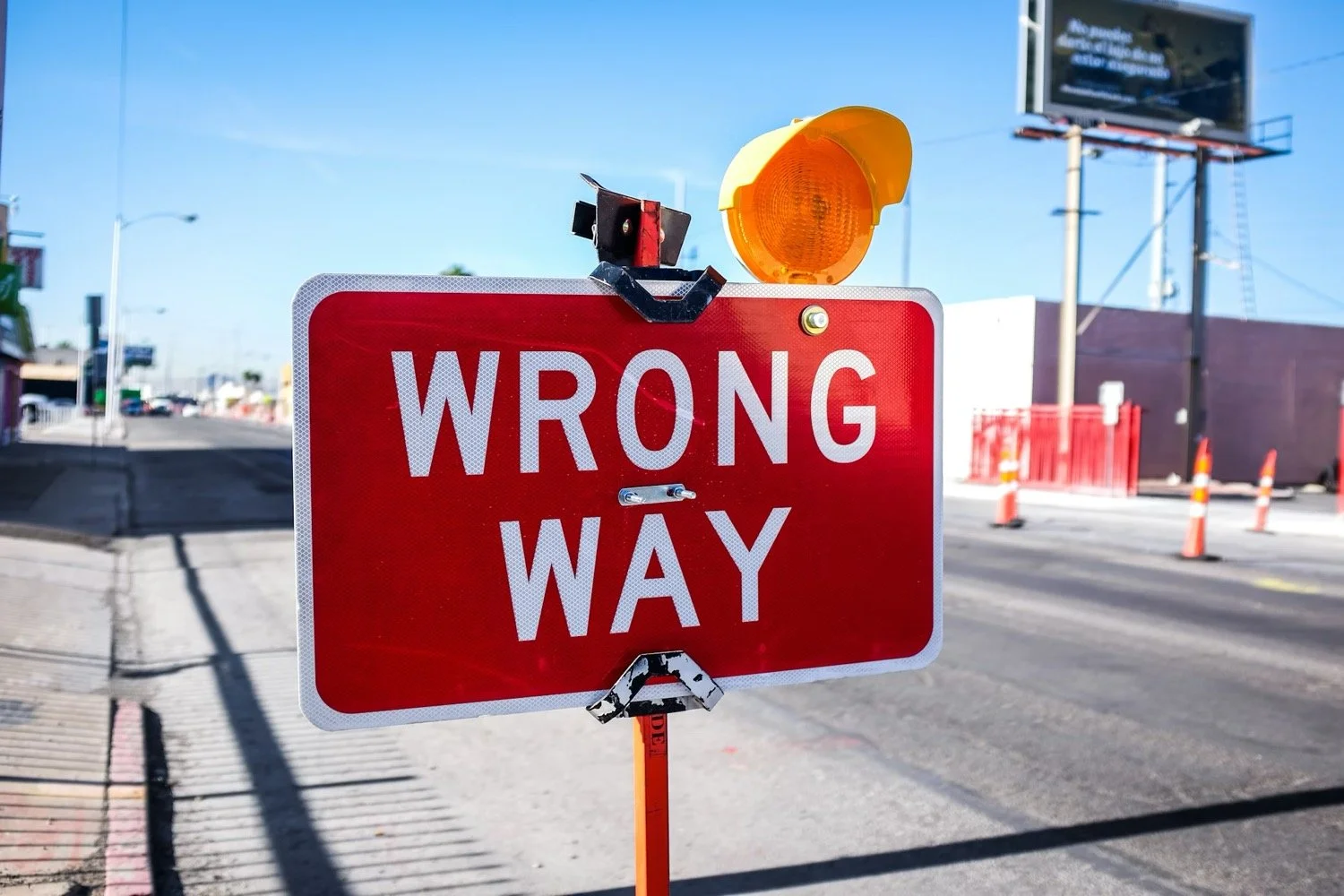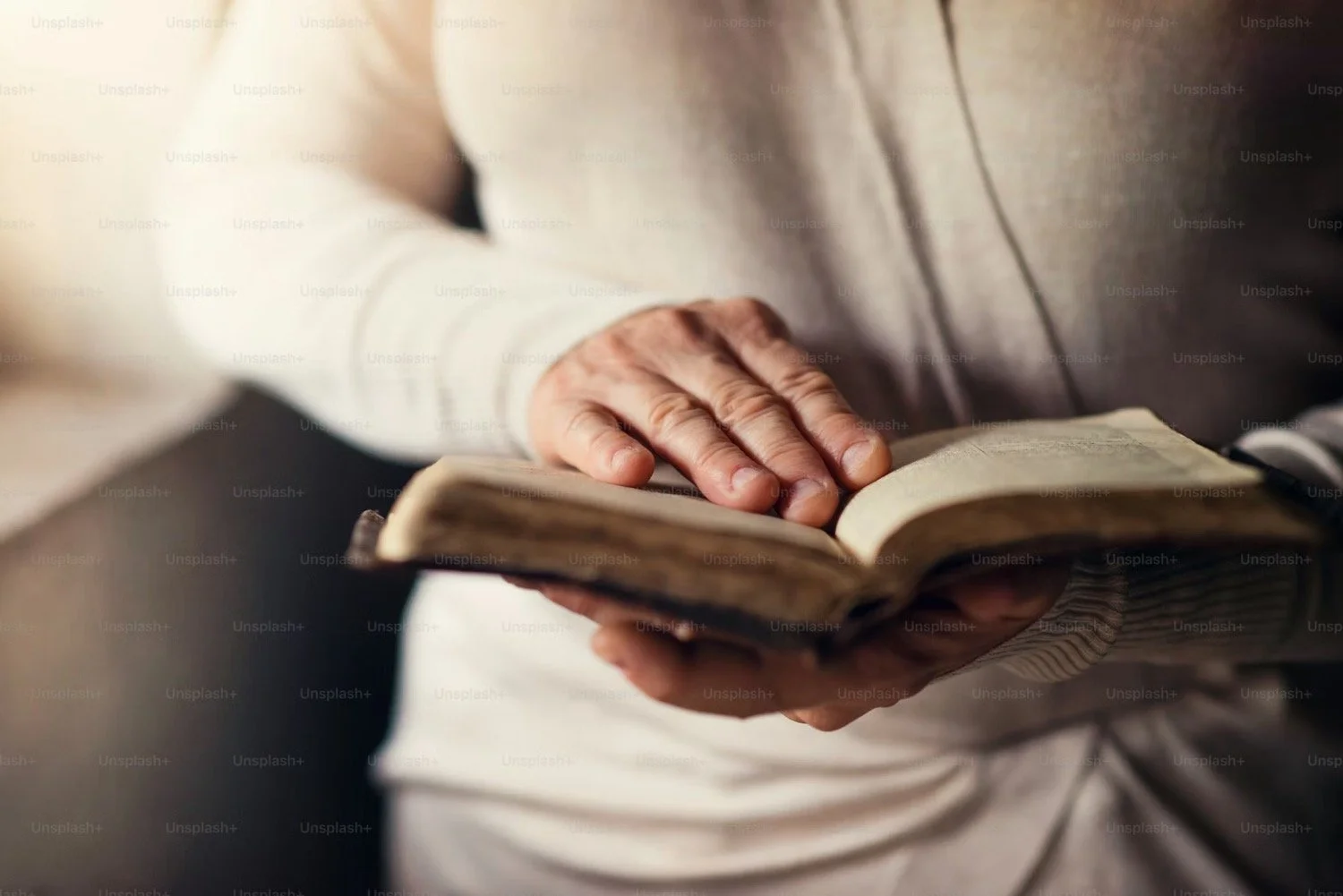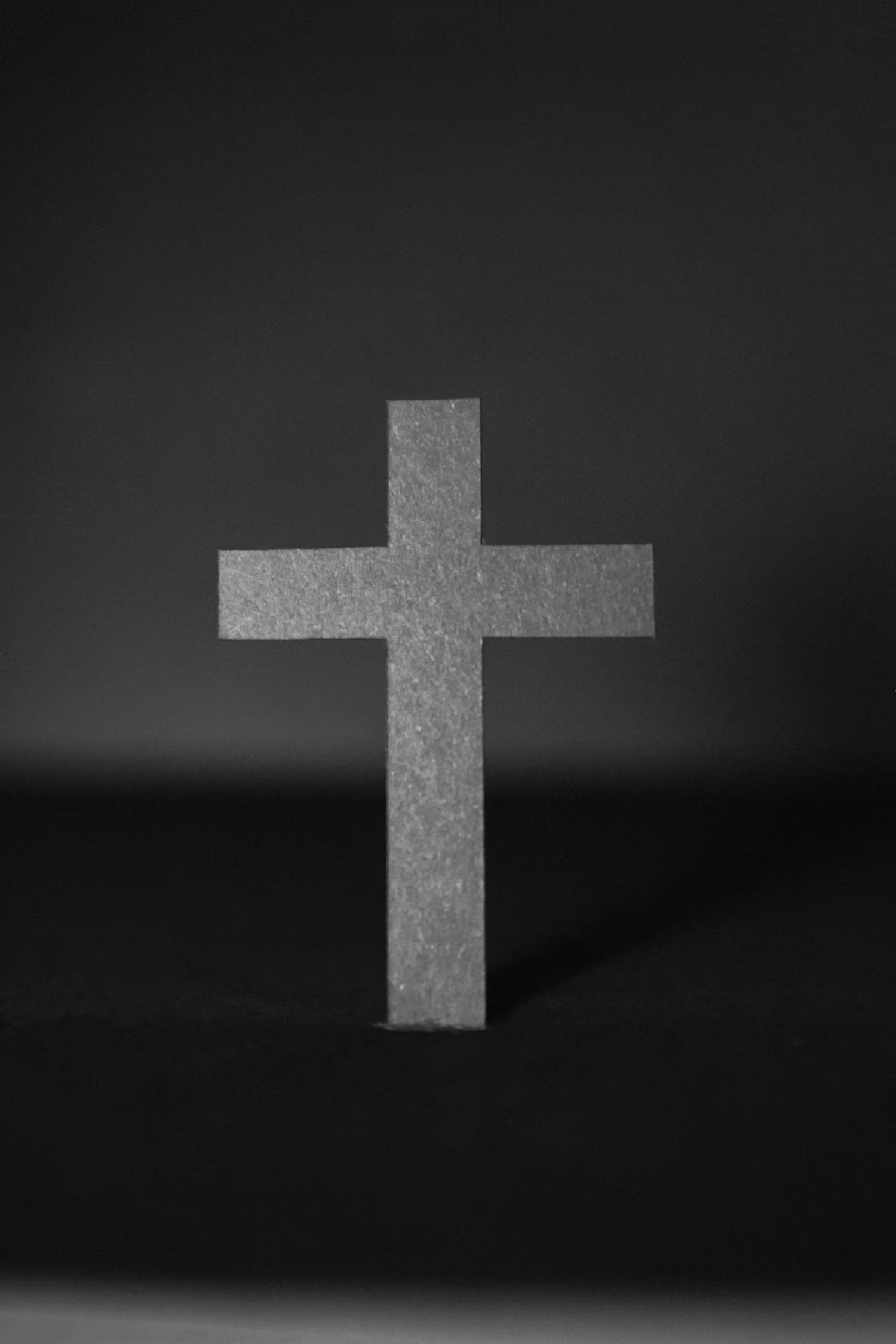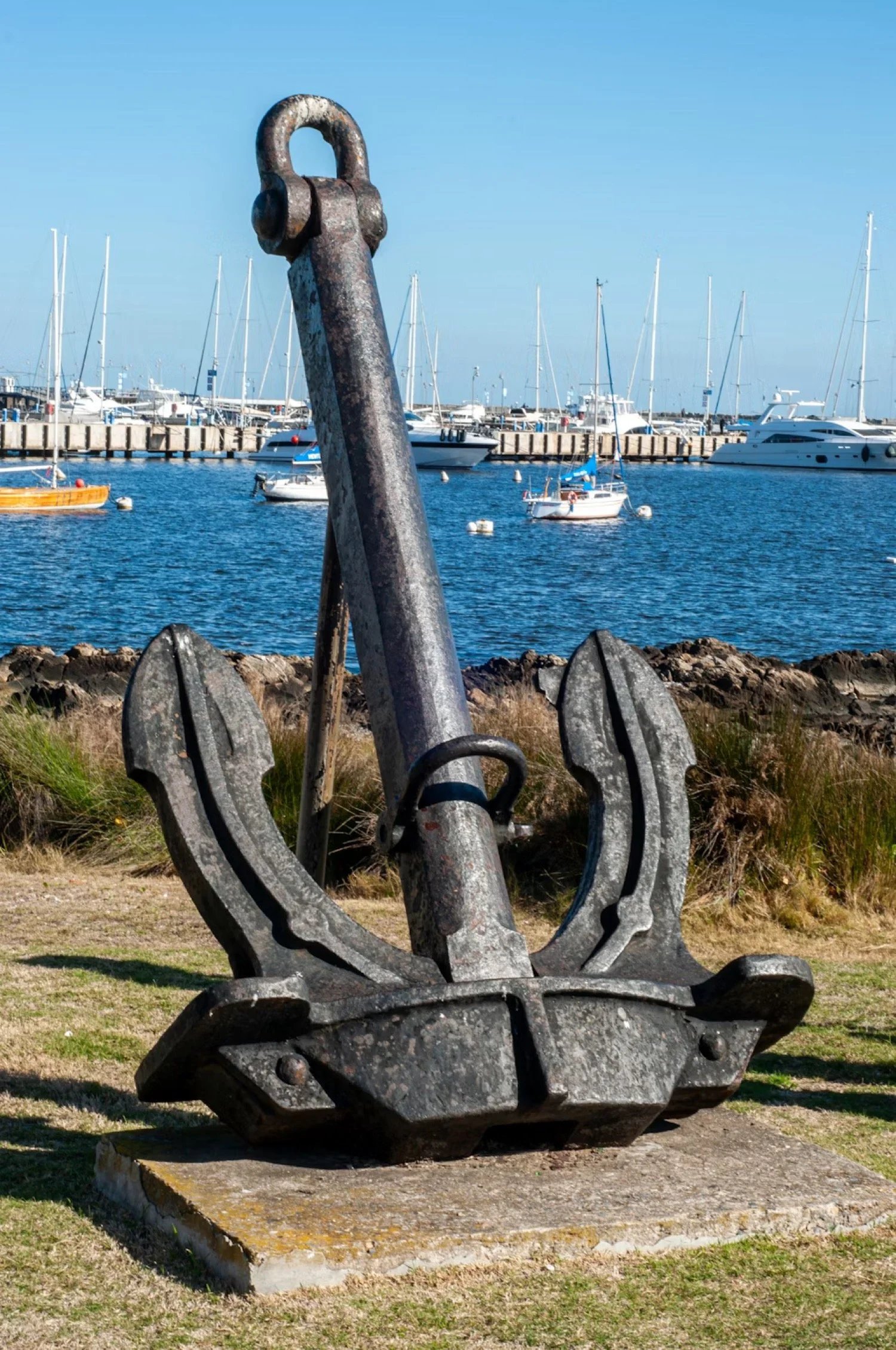Readings for today: Leviticus 11-14
Confession time. I have leprosy. At least according to Leviticus 13. The leprosy referenced in our passage today isn’t limited to Hansen’s disease but could refer to a variety of conditions like psoriasis, scarlet fever, scabies, or atopic dermatitis. I’ve been fighting this last one for years. In periods of stress, my eczema flares up. I get these red patches of skin that are dry and itchy. Of course, the fact that I swim regularly doesn’t help. ;-) If it’s serious enough, I have to use steroid cream to get rid of it. It’s not any fun and it would have potentially made me unclean back in ancient Israel. This is where Leviticus really starts to get challenging. Holy. Unholy. Clean. Unclean. Common. Polluted. The ancient Israelites assigned disease to a different category than we do today. They used lots of words we don’t think about in our own context and culture. This begs for some explanation.
First, everything that is not defined as holy is understood as “common.” Second, common things – like animals, plants, pots, homes, clothes, even people – are further divided into two groups which are labeled “clean” and “unclean.” It’s important to note here that “cleanness” is a state of being more than anything else. Clean things hold the potential to become holy things when they are sanctified. Unclean things cannot be sanctified and therefore cannot become holy. For example, if I come to present a lamb from my flock as an offering, it must be unblemished. It must not be diseased or old or disabled in some way. Blemished lambs are considered unclean, cannot be sanctified, and therefore are not suitable to offer as a sacrifice. The flip side is also true. Clean things can become unclean if they are polluted by touching something dead for example. Holy things can become defiled in the same manner which is why the proper rituals must be followed to the letter during the daily sacrifices.
But what about people, you ask? Great question! The baseline condition for humanity is “common” but the baseline condition for the people of Israel was “clean.” They were set apart by God remember? Israel can become “unclean” through sin, disease, corruption, pollution, etc. Israel can also become holy by following the law of God and offering the right sacrifices. In fact, it was God’s stated goal for His people to be holy even as He is holy. “For I am the Lord your God. Consecrate yourselves therefore, and be holy, for I am holy. You shall not defile yourselves with any swarming thing that crawls on the ground. For I am the Lord who brought you up out of the land of Egypt to be your God. You shall therefore be holy, for I am holy."(Lev. 11:44-45)
Now here’s the great news! In Christ, all of the ceremonial laws that sanctified God’s people have been fulfilled. He is the perfect, “once for all” sacrifice. He is the unblemished Lamb offered on our behalf. His death atoned not just for our sins but for the sins of the entire world. (1 John 2:2) As a result, our baseline condition is no longer “common.” It’s no longer even “clean.” It’s holy. Pure. As such, we no longer need to worry about clean and unclean animals. We no longer need to fear being made unclean by disease or disability or coming into contact with the dead. Through His shed blood, Christ has not only washed us clean – in the Levitical sense – but sanctified us permanently!
So does this mean we no longer need to follow the law? Not at all. The call to personal holiness has not been set aside. God still calls us as His people to be set apart in thought, word, and deed. We are still called to “be holy as He is holy” and offer our lives as “living sacrifices, holy and pleasing to God” according to Romans 12. Though the ceremonial obligations of the law have been fulfilled, the moral obligations remain in force. God still has expectations for His people. Sin is still serious and should not be treated casually. This is why Jesus spends a great deal of time talking about the heart in the Sermon on the Mount and Paul spends a great deal of time on the ethical obligations of Christians in most of his letters. As Christians, we no longer need to undergo elaborate rituals to maintain a state of cleanliness or sanctification before the Lord but we should undergo regular examination and confession of our sin in light of the Word of God.
This is one of the reasons Christians have historically engaged in spiritual practices like the Daily Examen. First pioneered by Igatius Loyola, founder of the Jesuits, it is an intentional way to reflect on our day. We prayerfully ask God to reveal to us what in our day drew us closer to Him and what drew us away from Him. We think back on the actions, thoughts, and feelings we experienced during the day and we consciously “examen” them in light of the Word of God. We confess where our actions/thoughts/feelings fell short and we rejoice where our actions/thoughts/feelings reflected Christ. This is just one example of learning how to bring every thought captive to Christ and live for Him.
Readings for tomorrow: Leviticus 15-18




